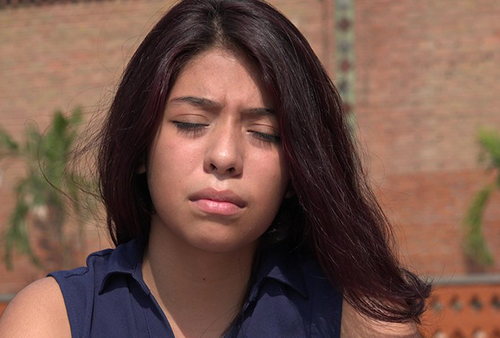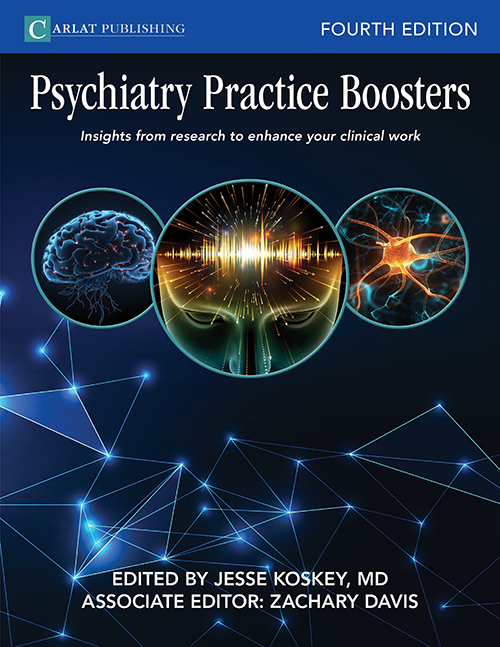Child Psychiatry
Note From the Editor-in-Chief
Joshua Feder, MD
Editor-in-Chief, The Carlat Child Psychiatry Report
Read More
Antidepressant-Induced Suicidality: What It Is and What You Should Do
Candace Good, MD.
Child & adolescent psychiatrist, SunPointe Health, State College, PA.
Dr. Good has disclosed that she has no relevant financial or other interests in any commercial companies pertaining to this educational activity.
Read More
Current Use of Antidepressant Medication in Children
 Danella Hafeman, MD, PhD
Assistant Professor of Psychiatry at the University of Pittsburgh School of Medicine
Dr. Hafeman has disclosed that she has no relevant financial or other interests in any commercial companies pertaining to this educational activity.
Danella Hafeman, MD, PhD
Assistant Professor of Psychiatry at the University of Pittsburgh School of Medicine
Dr. Hafeman has disclosed that she has no relevant financial or other interests in any commercial companies pertaining to this educational activity.Depression in Transition to Adulthood: A Case Study
 Calvin Colarusso, MD
Clinical Professor of Psychiatry, volunteer faculty. Author of the book The Third Individuation: Psychoanalytic Study of the Child, Yale University Press, 1990.
Dr. Colarusso has disclosed that he has no relevant financial or other interests in any commercial companies pertaining to this educational activity.
Calvin Colarusso, MD
Clinical Professor of Psychiatry, volunteer faculty. Author of the book The Third Individuation: Psychoanalytic Study of the Child, Yale University Press, 1990.
Dr. Colarusso has disclosed that he has no relevant financial or other interests in any commercial companies pertaining to this educational activity.Bullying and Suicidality: Some Practical Tips
Joshua D. Feder, MD.
Child and family psychiatrist, Solana Beach, CA, Editor-in-Chief of The Carlat Child Psychiatry Report.
Dr. Feder has disclosed that he has no relevant financial or other interests in any commercial companies pertaining to this educational activity.
Read More
CBT vs Pharmacotherapy for Childhood Anxiety
Stephanie Fenwick, PharmD.
Dr. Fenwick has disclosed that she has no relevant financial or other interests in any commercial companies pertaining to this educational activity.
Read More
Amphetamine Extended Release Oral Suspension for ADHD
Rehan Aziz, MD.
Dr. Aziz has disclosed that he has no relevant financial or other interests in any commercial companies pertaining to this educational activity.
Read More
Resilience Networks in Adolescent Females at Risk for Major Depression
Rehan Aziz, MD.
Dr. Aziz has disclosed that he has no relevant financial or other interests in any commercial companies pertaining to this educational activity.
Read More


_-The-Breakthrough-Antipsychotic-That-Could-Change-Everything.jpg?1729528747)



